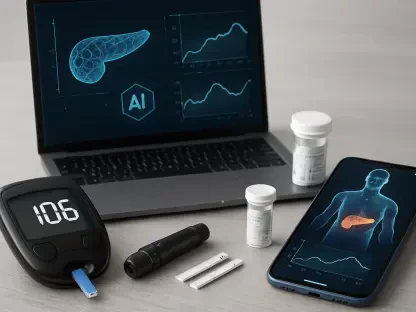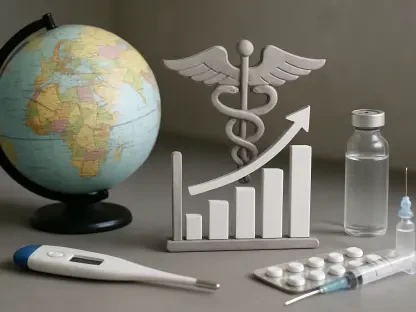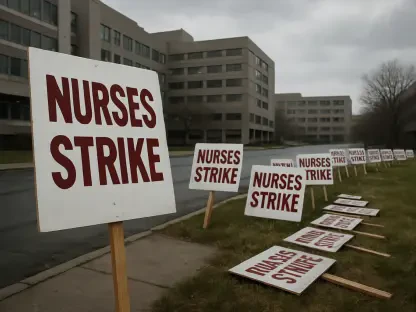Amid rising concerns over maternal and infant health outcomes in Alabama, the introduction of a Spanish-speaking version of the Baby Yourself app marks a significant step toward addressing high mortality rates. Sponsored by Blue Cross and Blue Shield of Alabama (BCBSAL), this app specifically targets the growing Hispanic population in Birmingham and beyond. The alarming statistics have earned Alabama an F from the March of Dimes, primarily due to high rates of pre-term births and maternal deaths. The app emerges as a powerful tool to combat these challenges, offering essential resources to Spanish-speaking expectant mothers. Access to accurate medical information, a direct line to a personal nurse, and guidance on breastfeeding are just some of the app’s vital features. The app’s capability to automatically translate communications between Spanish and English ensures frictionless interaction, making healthcare more inclusive. This move is part of a broader strategy to boost healthcare accessibility for marginalized communities in Alabama.
Addressing Healthcare Disparities
The Baby Yourself app emerges as a response to the critical need for accessible maternal healthcare among Alabama’s burgeoning Hispanic community, which consists of around 10,000 residents in Birmingham alone and a quarter of a million statewide. These figures underscore the urgent requirement to bridge language barriers within the healthcare sector, particularly for expectant Hispanic mothers who may otherwise face significant challenges in accessing quality medical services. By delivering vital educational resources and linking expectant mothers with personal nurses, the app empowers users to make informed decisions about their health. Furthermore, the app addresses the severe shortage of prenatal services in rural Alabama, where OBGYN facilities and birthing hospitals are scarce. Local leaders have intensified efforts to remedy these disparities, ensuring that all segments of the population receive enhanced healthcare services.
Language as a Barrier to Healthcare
Language has often posed a substantial barrier within Alabama’s healthcare landscape, exacerbating inequalities in access and quality. The Baby Yourself app directly tackles this issue by offering resources in Spanish, allowing more expectant mothers to access essential medical information. By removing language obstacles, the app enables previously underserved communities to receive the attention and care they deserve. This initiative aligns with other efforts, such as the impending Mom and Baby Mobile Health Center, which intends to improve healthcare accessibility in areas deficient in maternal services. By prioritizing inclusivity, the app sets a precedent for future healthcare advancements, signaling a shift toward a more equitable system that embraces cultural and linguistic diversity. Moreover, the partnership with the Alabama Department of Public Health through programs like ALL Babies illustrates a united front in combating disparate health outcomes, ensuring all mothers and infants receive comprehensive care.
Future of Maternal Health in Alabama
Facing growing worries about maternal and infant health in Alabama, the launch of a Spanish version of the Baby Yourself app is a crucial effort to address high mortality rates. Sponsored by Blue Cross and Blue Shield of Alabama (BCBSAL), the app is tailored for the expanding Hispanic community in Birmingham and other areas. Alabama’s troubling statistics on pre-term births and maternal deaths have resulted in an F from the March of Dimes. The Baby Yourself app serves as an essential tool for tackling these issues by providing Spanish-speaking expectant mothers with key resources. These include access to reliable medical information, direct communication with personal nurses, and breastfeeding guidance. The app’s automatic translation feature ensures smooth exchanges between Spanish and English, enhancing healthcare inclusivity. This development is part of a wider initiative aimed at improving healthcare access for underrepresented groups in Alabama, ultimately striving to enhance health outcomes across the state.









